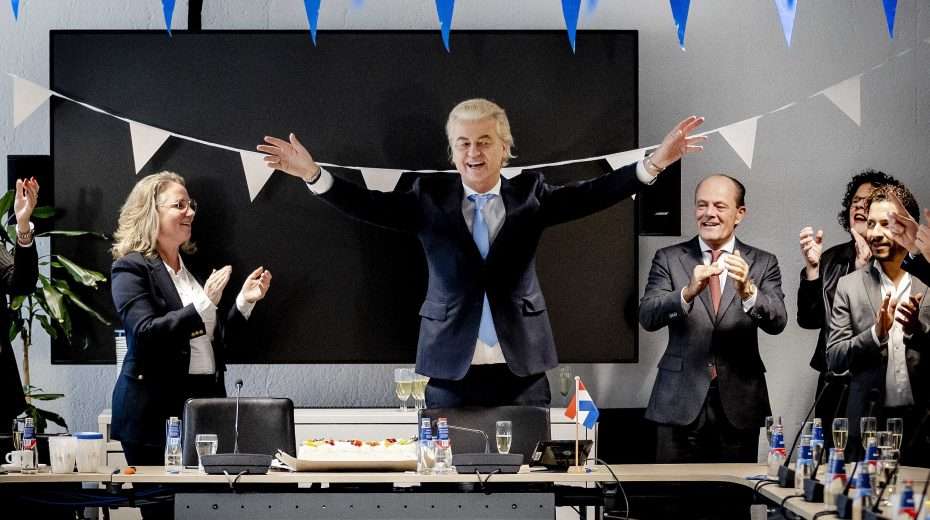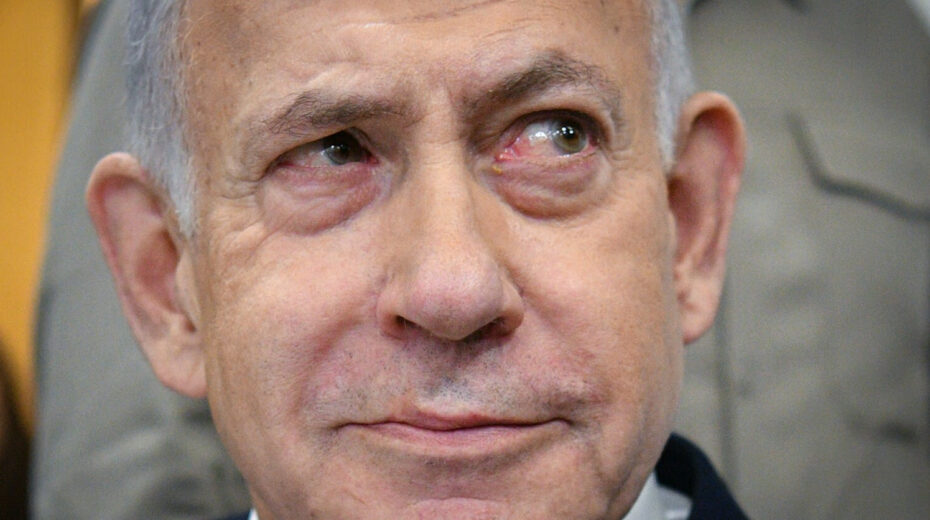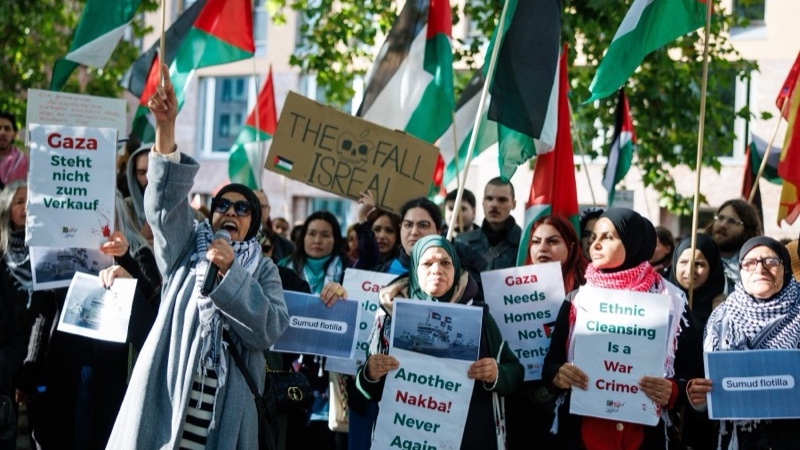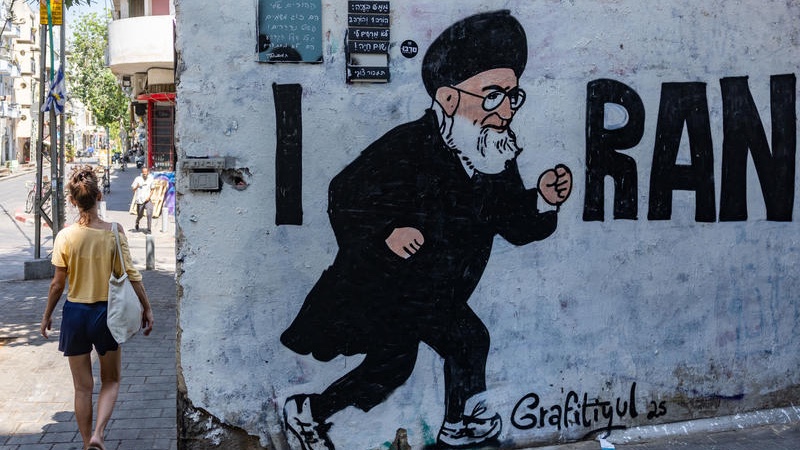“Jordan is Palestine!” This is what Geert Wilders, Dutch parliamentarian and leader of the Party for Freedom (PVV), the largest political party in the Netherlands, tweeted following his election victory last week.
His post on resolving the Israeli-Palestinian conflict sparked a firestorm of criticism and condemnation from Arab states and the international community.
Wilders put forward a radical proposal that the Israeli-Palestinian conflict could be resolved by resettling the Palestinians in Jordan, which would contradict their claimed right to an independent sovereign state west of the Jordan River.
Jordan is Palestine!
Arab states condemn Wilders for push to relocate Palestinians to Jordan https://t.co/U6JjdOk0IK
— Geert Wilders (@geertwilderspvv) November 25, 2023
The truth hurts
While Israel has rejected the idea of a two-state solution for many years, the international community continues to cling to it. Even after the massacre of Israelis on October 7, politicians around the world are emphasizing the goal of a Palestinian state in Judea and Samaria, the so-called “West Bank.”
The fact that a potential Western leader is now moving away from this “consensus” is dangerous for the Palestinian Authority. Holland could soon stop funneling money to corrupt Palestinian leaders, and other countries could follow. The Palestinians’ reaction to Wilder’s statement, who proposed a reasonable, if unfortunately unworkable, alternative to the two-state solution, was correspondingly violent.
The Palestinian Ministry of Foreign Affairs immediately responded with a statement strongly condemning Wilders’s comments. “Geert Wilders’s comments are not only offensive, but also dangerous. They deny the Palestinian people’s right to self-determination and their own independent state,” said Ambassador Sufyan Qudah, the ministry’s official spokesman. He stressed that Wilders’s comments had no value or impact other than highlighting his racism and extremism.
The Palestinian ministry also described Wilders’s comments as a “call for escalation of aggression against our people and blatant interference in their affairs and future.” The ministry called on the Dutch government to condemn and reject these statements in accordance with international law and United Nations resolutions.
“Jordan rejects any proposal that undermines the rights of the Palestinian people or their aspirations for an independent state,” its foreign minister said. “We remain committed to a two-state solution with East Jerusalem as the capital of a future Palestinian state, in accordance with the international consensus.”
Wilders’s statement was also criticized and condemned by other Arab states in the region. Leaders and officials from countries including Egypt and Saudi Arabia expressed outrage at the Dutch politician’s comments, and stressed the need for a just and lasting solution to the Israeli-Palestinian conflict that respects the rights and aspirations of both parties.
The fact that Wilders’s proposal could potentially lead to peace in the Middle East was not recognized by any of these countries. In theory, but unfortunately not in practice, an agreement with Jordan to integrate the Palestinians under Jordanian rule could put an end to the conflict. And while neither the Palestinians nor the Jordanians would take such a step, it is good to see that other options are also on the table.
Is Wilders a friend of Israel?
Fifty days ago, Wilders strongly condemned Hamas’s invasion of Israel on October 7, 2023. After the attacks, he hung both the Dutch and Israeli flags in his office. During an election debate that same month, he criticized the Dutch government for failing to address pro-Palestinian and anti-Israel protests.
Wilders recognizes Islam and the immigration of millions of Muslims to Europe as a great danger. This makes him a natural partner for Israel, which is at the forefront of the “war of civilizations.”














